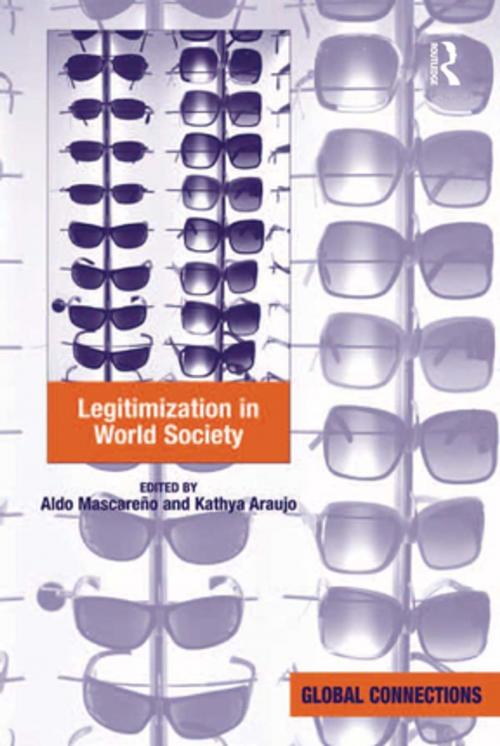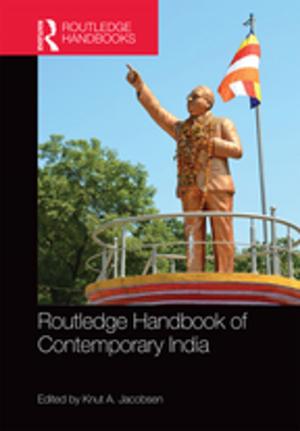| Author: | Aldo Mascareño, Kathya Araujo | ISBN: | 9781317105787 |
| Publisher: | Taylor and Francis | Publication: | April 22, 2016 |
| Imprint: | Routledge | Language: | English |
| Author: | Aldo Mascareño, Kathya Araujo |
| ISBN: | 9781317105787 |
| Publisher: | Taylor and Francis |
| Publication: | April 22, 2016 |
| Imprint: | Routledge |
| Language: | English |
Emerging traits of late global modernity such as transnationalism, multiculturalism, individualization and supranational contexts of action raise the question of what holds society together. Responses have typically made reference to legitimization, but the modern world presents challenges to such responses, for in such a differentiated, globalized setting, legitimization can no longer appeal to the previous national, ideological or religious foundations of early modernity. From a variety of theoretical and empirical perspectives, this book explores the manner in which legitimization can be constructed by people, groups or institutions under the contemporary pressures and possibilities of modern world society. Drawing on cosmopolitan theory, postcolonial sociology, systems theory, and historical sociology, it engages with questions of human rights, processes of individualization and the constitution of transnational spaces in its examination of the challenges to legitimization. As such, it will be of interest to scholars of sociology, political science and social and legal theory, concerned with questions of globalization and the problems of social cohesion and legitimacy.
Emerging traits of late global modernity such as transnationalism, multiculturalism, individualization and supranational contexts of action raise the question of what holds society together. Responses have typically made reference to legitimization, but the modern world presents challenges to such responses, for in such a differentiated, globalized setting, legitimization can no longer appeal to the previous national, ideological or religious foundations of early modernity. From a variety of theoretical and empirical perspectives, this book explores the manner in which legitimization can be constructed by people, groups or institutions under the contemporary pressures and possibilities of modern world society. Drawing on cosmopolitan theory, postcolonial sociology, systems theory, and historical sociology, it engages with questions of human rights, processes of individualization and the constitution of transnational spaces in its examination of the challenges to legitimization. As such, it will be of interest to scholars of sociology, political science and social and legal theory, concerned with questions of globalization and the problems of social cohesion and legitimacy.















